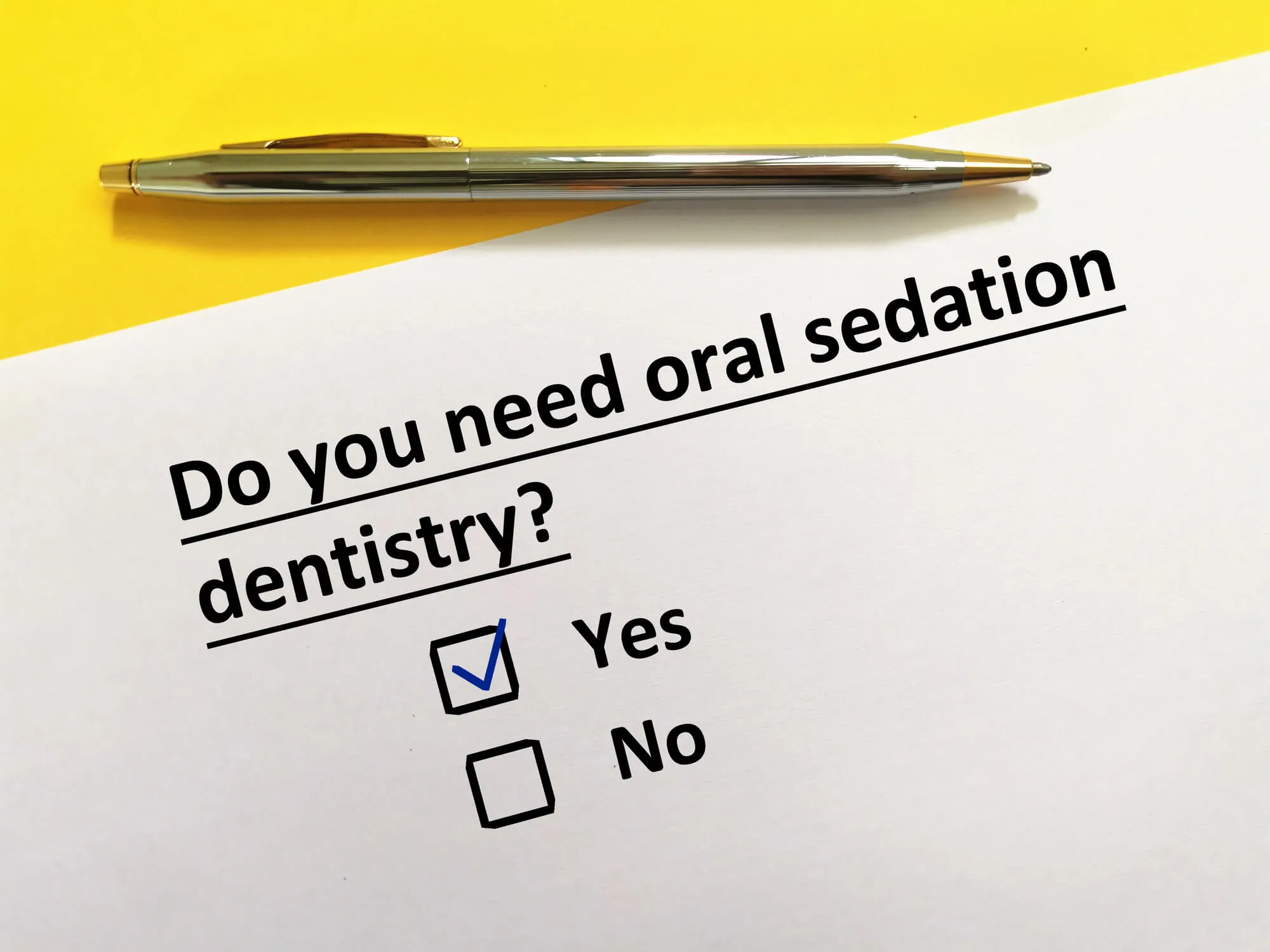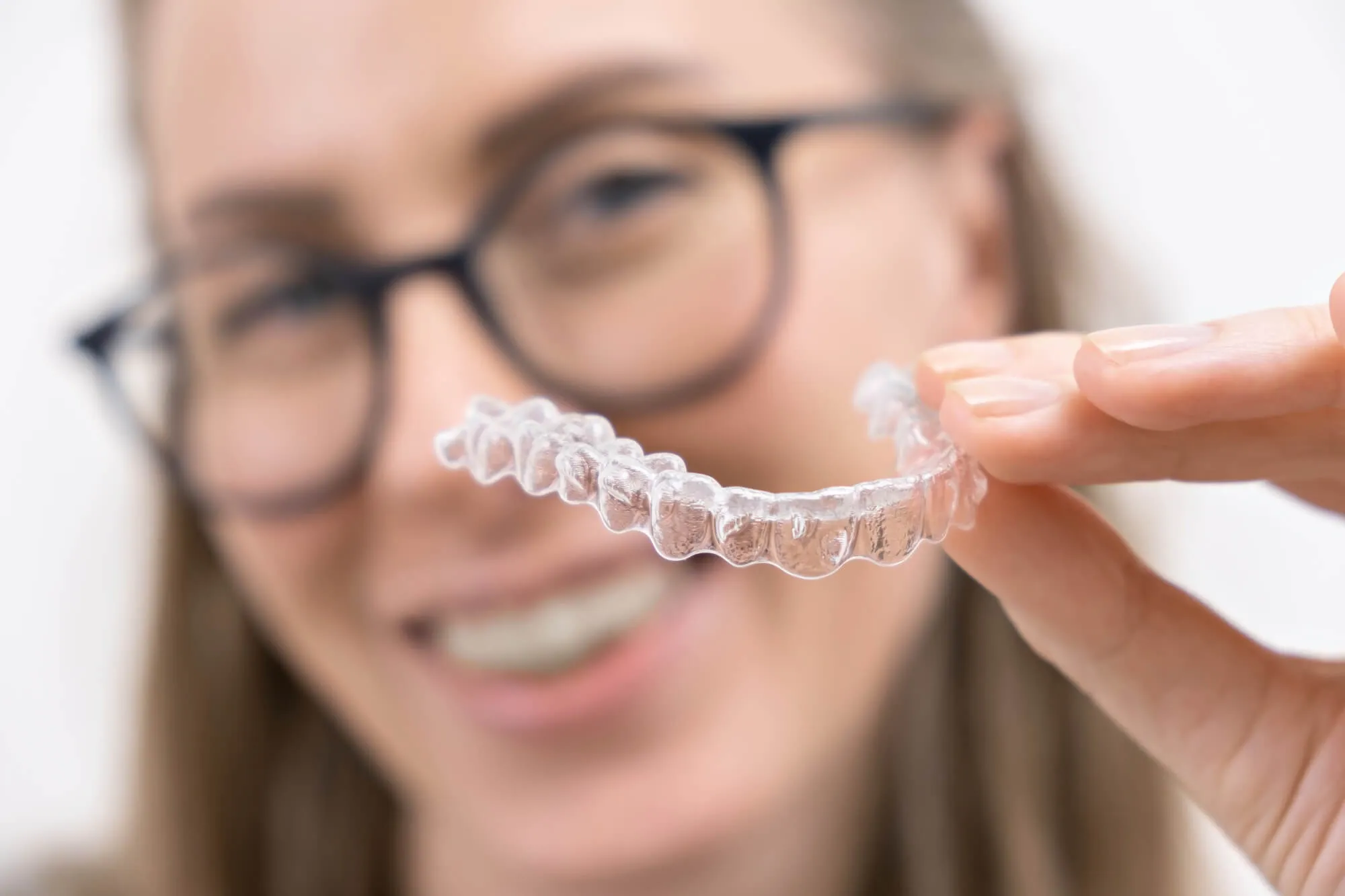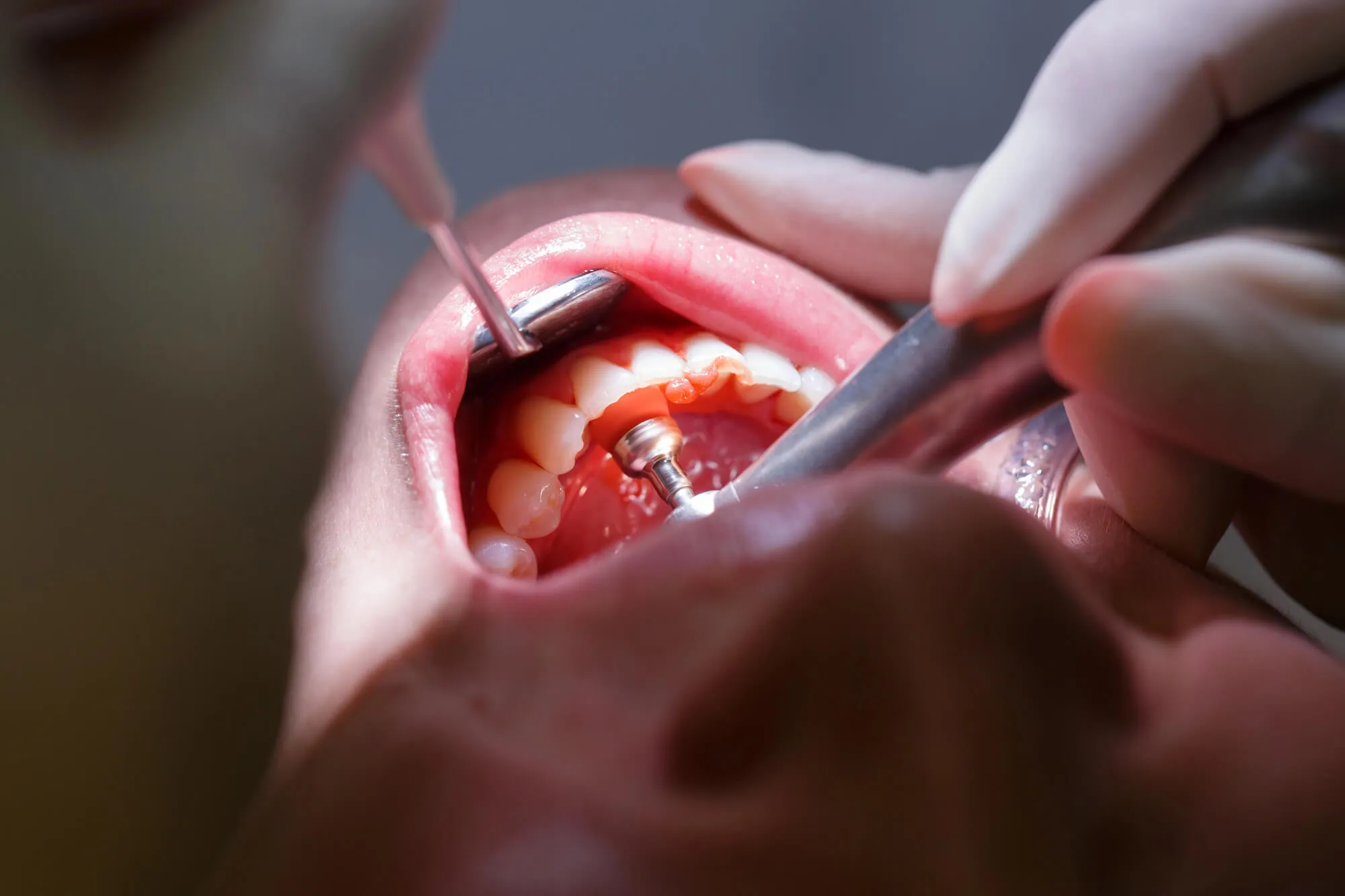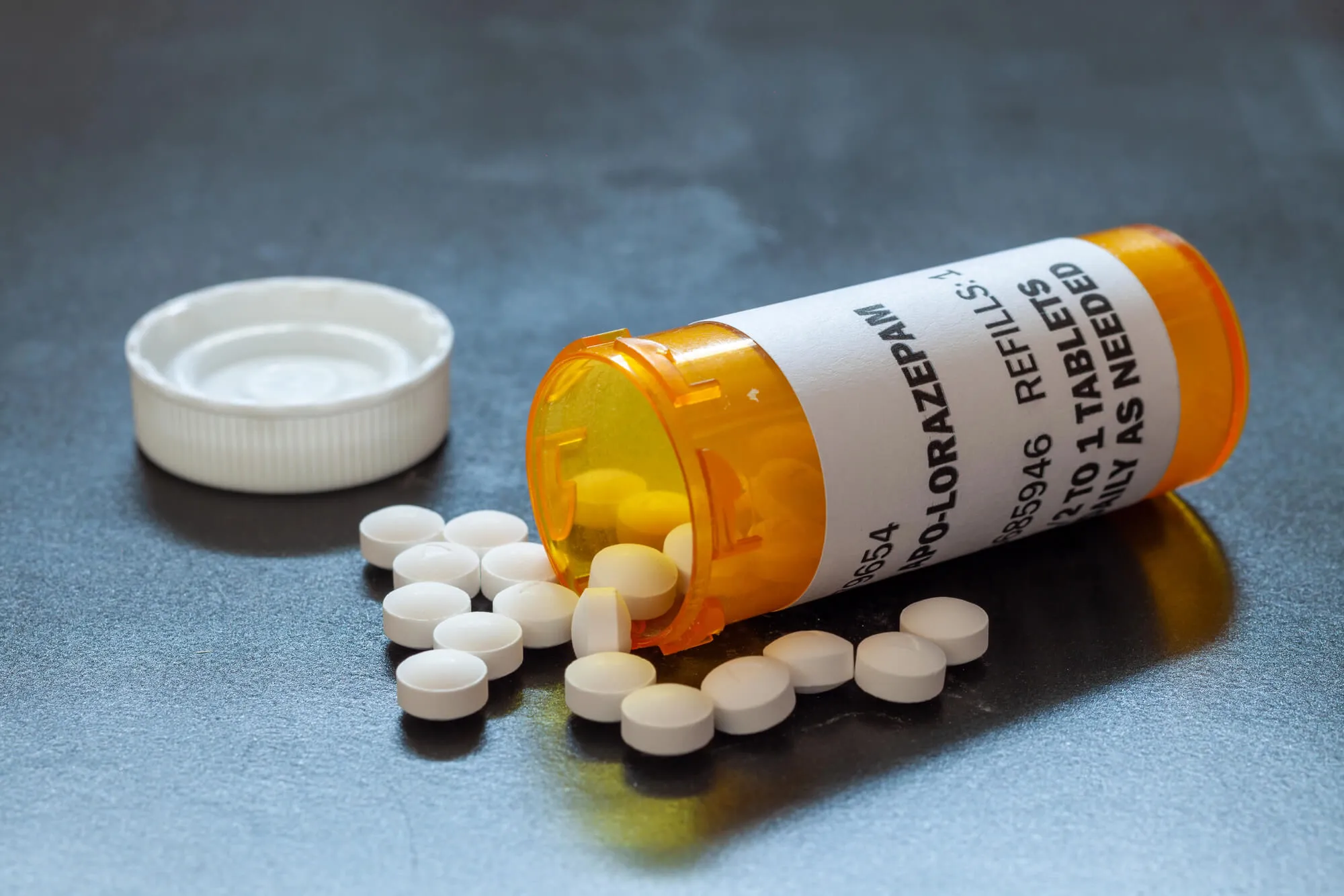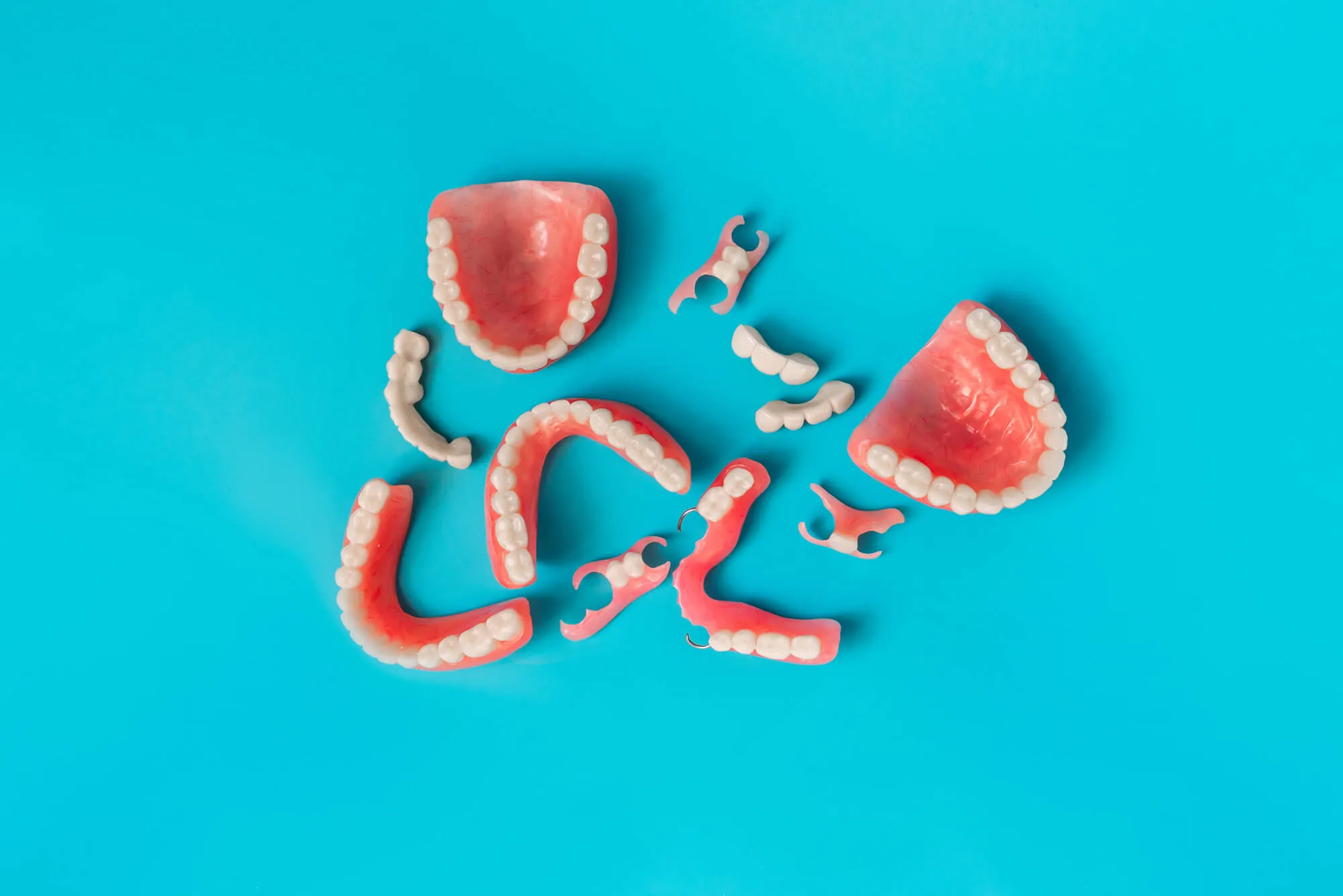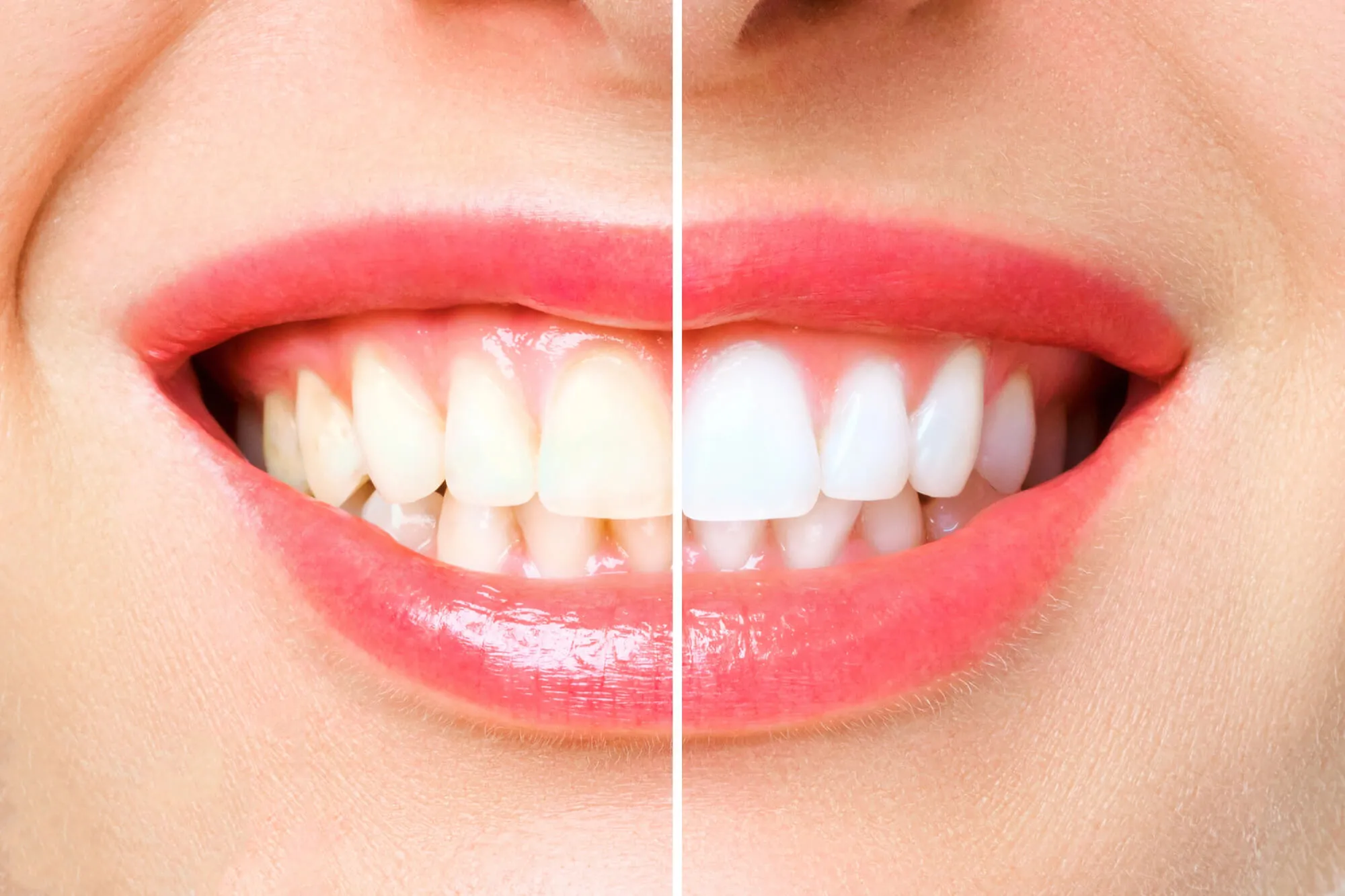A Relaxing Visit: Understanding the Process of Dental Sedation

For countless individuals, the mere thought of a dental visit can evoke overwhelming fear and anxiety. Whether it's the ominous sound of dental tools or the anticipation of discomfort, dental anxiety is a common issue that often leads people to avoid or delay essential dental appointments. Fortunately, sedation dentistry in 33304 stands as a reassuring solution, offering a pathway to make your visit more comfortable, less stressful, and even anxiety-free.

Understanding Dental Sedation
Dental sedation works by altering the balance of neurotransmitters in the brain, ultimately inducing a state of relaxation and reduced anxiety. This process occurs through the interaction of medications with specific receptors in the central nervous system.
Oral Sedation
One common form of dental sedation is oral sedation, where patients take a prescribed medication (usually a benzodiazepine) before their appointment. Benzodiazepines enhance the inhibitory effects of gamma-aminobutyric acid (GABA), a neurotransmitter that regulates brain nerve activity. By binding to GABA receptors, these medications increase GABA's inhibitory actions, leading to a calming effect on the central nervous system.
Inhaled Sedation
Inhaled sedation, such as nitrous oxide (laughing gas), operates similarly. Nitrous oxide interacts with GABA and also modulates the activity of another neurotransmitter called glutamate. This dual action contributes to its calming and pain-relieving effects.
Intravenous Sedation
Intravenous (IV) sedation and general anesthesia involve delivering medications directly into the bloodstream. These medications work by binding to specific receptors in the brain, enhancing GABA's inhibitory actions, and decreasing the brain's overall activity. This leads to varying levels of sedation, from deep relaxation to complete unconsciousness.

Do You Need Sedation Dentistry in 33304?
Ultimately, dental sedation's scientific mechanism involves altering brain chemistry to promote relaxation, reduce anxiety, and create a more comfortable and stress-free patient experience during dental procedures.
Understanding the process of dental sedation can help alleviate anxiety about visiting the dentist.
Ready to experience a relaxing dental visit? Contact 1500 Dental today to discuss your sedation options and take the first step toward a more comfortable and enjoyable dental journey.





